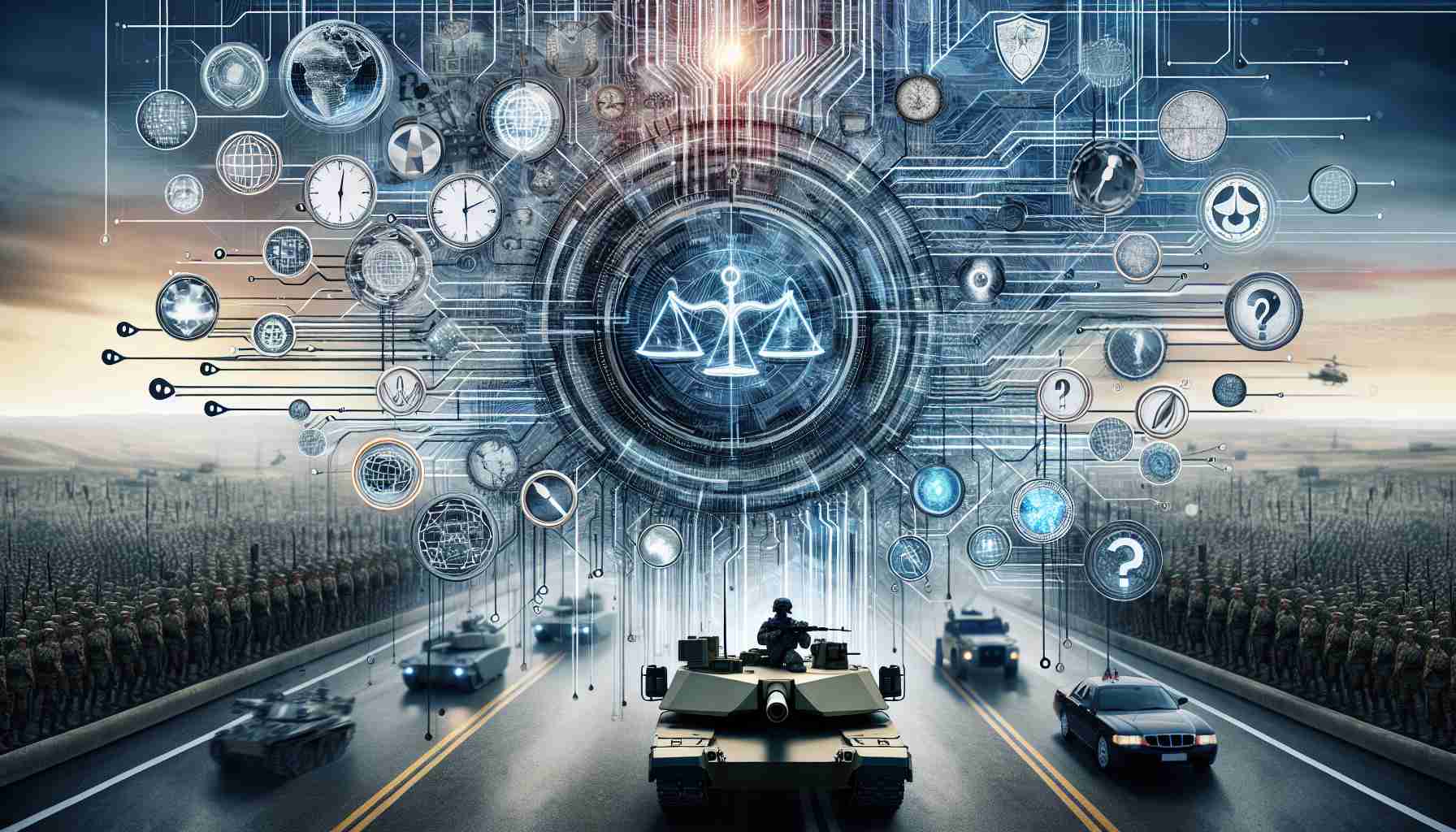AI’s role in military conflict stirs ethical debate
Amidst intense discussions about the ethical implications of delegating warfare to Artificial Intelligence (AI), Sam Altman, CEO of OpenAI and a prominent figure in the AI industry, acknowledges the complexity of this issue. He shared these insights during a dialogue on “Geopolitical Changes in the Age of AI” organized by the Brookings Institution in Washington.
Addressing hypothetical rapid defense scenarios
Altman was presented with a hypothetical scenario where North Korea launches a surprise attack on Seoul, prompting South Korea to rely on faster AI-driven responses to defend itself. The scenario described a situation where AI-controlled drones take down 100 enemy fighter jets, resulting in the hypothetical loss of North Korean pilots’ lives. This prompted reflections on the circumstances under which AI could be entrusted to make lethal decisions.
Decision-making boundaries for AI intervention
Reflecting on the dilemma, Altman expressed the complexity of determinations AI would need to make, such as the confidence in the threat’s existence, the certainty required before action, and the potential human cost. He emphasized the multitude of factors that must be weighed before setting boundaries for AI’s role in life-or-death situations.
Altman’s stance on AI’s limitations and aspirations
Additionally, Altman clarified his expertise does not encompass these military decisions, hoping that OpenAI remains uninvolved in such scenarios. Addressing broader geopolitical impacts on the AI industry, he took a clear stance, favoring the benefits of AI technology for the United States and its allies, while also expressing the humanitarian desire for the technology to benefit humanity as a whole, rather than only those in countries with leadership whose policies OpenAI does not endorse.
AI in Warfare: Ethical Considerations
One of the most important questions regarding AI in warfare is: Where should we draw the line for AI autonomy in military operations? Current international law, like the Geneva Conventions, does not account for AI decision-making capabilities, leading to a legal gray area. The key challenge is balancing the need for swift, efficient defensive operations with moral accountability and strategic oversight.
Another critical question is: How can we ensure global cooperation on regulating AI in warfare? This challenge involves diplomacy and international relations, and controversies arise from geopolitical tensions and diverging interests between states.
The advantages of incorporating AI into military operations include faster data processing, improved surveillance, and precision targeting, which can reduce collateral damage and risk to human soldiers. However, the disadvantages are significant, involving potential loss of control over autonomous systems, ethical dilemmas over AI decision-making in life-or-death situations, and the escalation of an AI arms race with global security implications.
Here are related links for more information on AI and warfare:
– Brookings Institution
– OpenAI
When considering these factors, it’s essential to also think about AI’s potential to reshape power dynamics by making advanced technology accessible to less powerful nations, potentially destabilizing traditional military balances. Furthermore, the cybersecurity risks associated with AI in warfare require robust protective measures to prevent hacking and misuse of autonomous systems. Finally, there is a growing call for a preemptive ban on lethal autonomous weapons systems (LAWS), much like the ones on chemical and biological warfare, leading to international discussions and potential treaty development.

